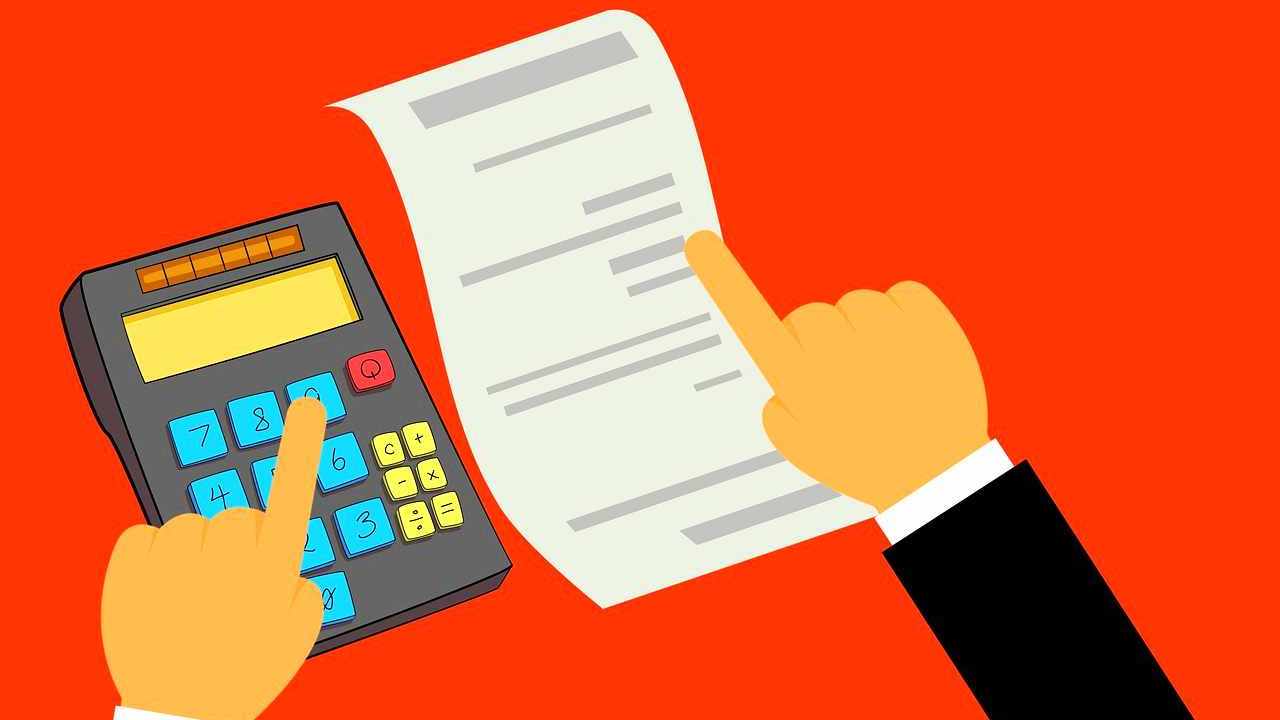When Italian taxpayers pay taxes and bills, they must be very careful not to run into high fines after years
In addition to taxes, bills and taxes, 2022 will also bring heavy fines for some Italians who have made a specific mistake in paying bills or taxes in recent years.
When we pay a bill or a tax we think we have to rest assured but in reality this is not the case. Paying a debt to the State, the Public Administration, a private entity, is in fact only the half of the taxpayer’s job.
Revenue Agency: who risks in 2022

Most Italians diligently pay taxes and bills before they expire, thus believing they are in good standing. In reality, to be in compliance with the law, it is not enough to pay bills, contributions and taxes but it is also necessary show proof of payment proof is required.
Read also: Digital terrestrial, it is confirmed: here is who will receive it for free at home
Every citizen must in fact keep payment receipts carried out over a period of time that goes from 5 to 10 years, depending on the receipt. Those who have not kept the documentation for the foreseen times have made a big mistake since it is the debtor who bears the burden of proof of payment and the creditor proves the due date of the debts for which he can request payment.
Read also: Rai license fee: how to apply to not pay it anymore
The Civil Code in article 1218 it clearly states that the responsibility for proving payment is with the debtor. Precisely for this reason that a debtor must keep the documents certifying the payment for a period established by law. The storage times vary depending on the documents: for some at least 10 years, while for others a period of 5 years.
For mobile phone bills, the RAI fee and bank and postal account statements, the retention timeframe of aat least 5 years. Same timing for the documents certifying the payment of the tax return, car tax, electricity, gas, IMU and TARI utility bills. So throughout the next year taxpayers could receive requests for payment for bills, taxes and various taxes up to 10 years back. The burden of proof lies with the debtor.
–


